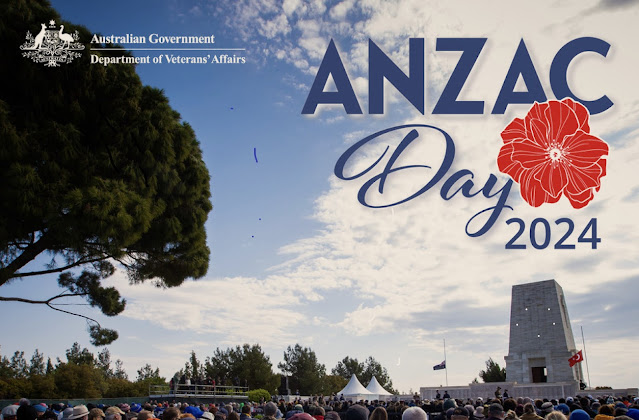Discover the enduring traditions of Anzac Day || Discover meaningful ways to participate in Anzac Day
Anzac Day Ignites Feud Over Public Service Leave Policy: A Reflection on Commemoration and Work-Life Balance
In 2024, the solemn commemoration of Anzac Day has unexpectedly sparked a contentious debate over public service leave policy, illuminating the intersection of tradition, remembrance, and workplace regulations. Anzac Day, observed annually on April 25th, pays homage to the soldiers of the Australian and New Zealand Army Corps who fought bravely in World War I. However, this year, the focus has shifted from honoring the fallen to a dispute over the entitlement of public service employees to take leave on this significant day.
The clash over public service leave policy has brought to light diverging perspectives on the importance of recognizing national days of remembrance within the context of modern work-life balance. For many, Anzac Day holds profound cultural and historical significance, serving as a poignant reminder of sacrifice and national identity. Consequently, there is a widespread belief that employees should have the opportunity to observe this day without facing undue obstacles or bureaucratic hurdles in accessing their entitled leave.
In recent years, the debate surrounding public service leave policy has intensified, reflecting broader societal discussions on the prioritization of work commitments over personal and communal observances. Critics argue that rigid leave policies demonstrate a lack of empathy and understanding towards the emotional and psychological needs of employees, particularly when it comes to commemorating events as significant as Anzac Day. This sentiment has ignited a feud between advocates for greater flexibility in leave entitlements and proponents of maintaining strict adherence to existing workplace regulations.
The dispute over public service leave policy underscores the complexities of balancing institutional requirements with individual rights and cultural sensitivities. While some argue for the preservation of established protocols to ensure operational efficiency and fairness in leave allocation, others advocate for a more compassionate and accommodating approach that recognizes the importance of collective remembrance and reflection. At its core, this feud raises fundamental questions about the role of the state in regulating personal time and the value society places on honoring shared history and heritage.
Amidst the contentious debate, there is a growing recognition of the need for nuanced and inclusive solutions that acknowledge the diverse perspectives and experiences of public service employees. The rigid enforcement of leave policies may inadvertently marginalize individuals whose cultural or religious observances diverge from the mainstream, reinforcing feelings of alienation and exclusion within the workforce. Therefore, there is a compelling argument for the implementation of flexible leave arrangements that accommodate a range of cultural, religious, and national commemorations, including Anzac Day.
Furthermore, the feud over public service leave policy underscores broader concerns about the erosion of work-life balance in an era characterized by increasing demands for productivity and efficiency. As technological advancements blur the boundaries between work and leisure, there is a growing imperative to safeguard the well-being and autonomy of employees by granting them the freedom to priorities personal and communal commitments alongside professional responsibilities. Failure to address these concerns risks exacerbating burnout, stress, and dissatisfaction among the workforce.
In light of the ongoing dispute, policymakers and stakeholders must engage in constructive dialogue to develop a leave policy that strikes a balance between organizational needs and individual rights. This necessitates a willingness to reassess existing frameworks and adapt to evolving societal norms and values. By fostering a culture of empathy, flexibility, and inclusivity, organizations can cultivate a more supportive and resilient workforce that is better equipped to navigate the complexities of modern life.
Ultimately, the feud over public service leave policy surrounding Anzac Day serves as a poignant reminder of the enduring significance of collective remembrance and the imperative of fostering a workplace culture that values the holistic well-being of its employees. As we honor the sacrifices of the past, let us also reaffirm our commitment to creating a future where compassion, understanding, and respect form the foundation of our institutions and communities.






Post a Comment